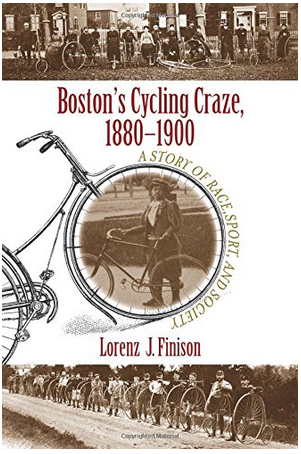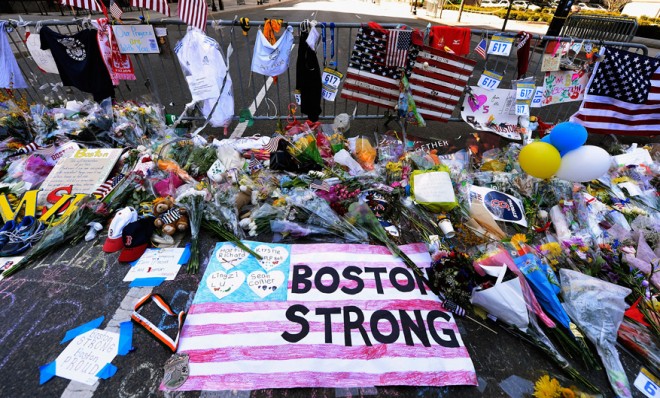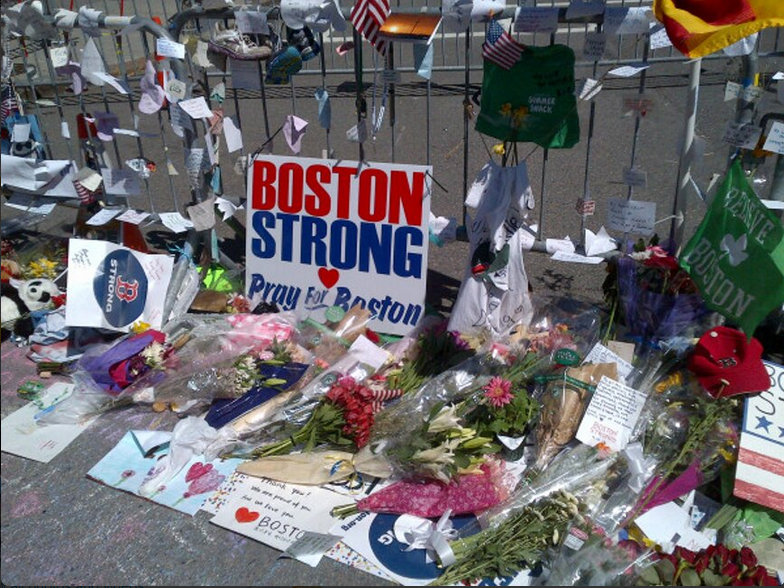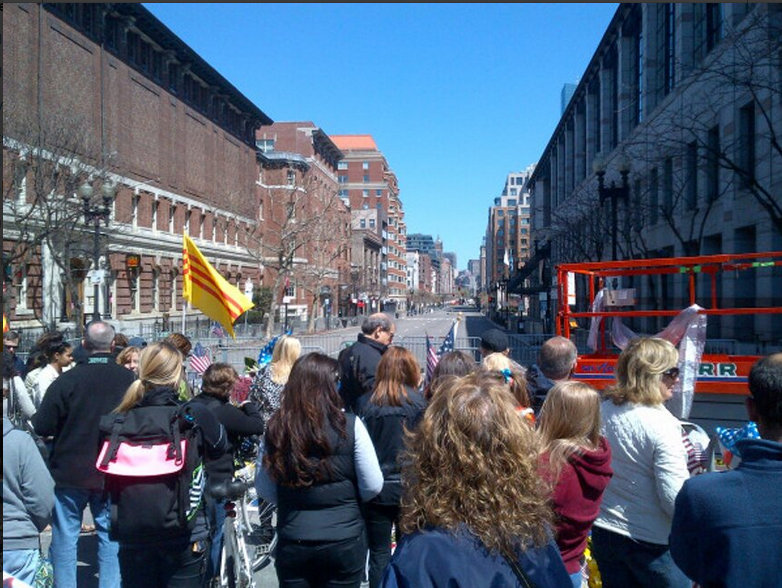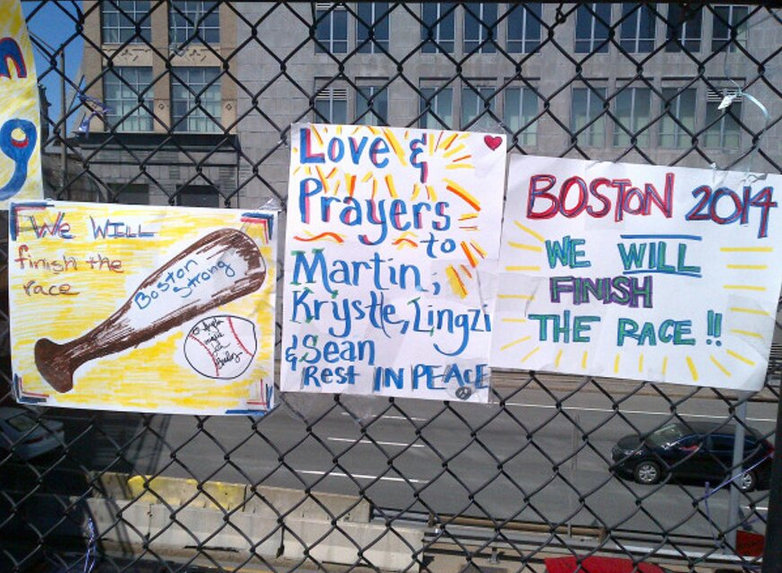Car-Free Urban Areas are the Future
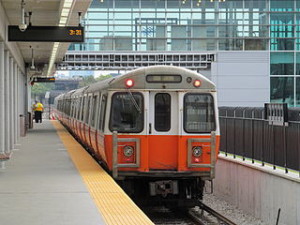 Now that Boston’s bid for the 2024 Olympics is over, can we now get back to the business of fixing the city’s infrastructure?
Now that Boston’s bid for the 2024 Olympics is over, can we now get back to the business of fixing the city’s infrastructure?
The dear departed Mayor Menino once said “the car is no longer king in Boston.” I am a strong advocate for car-free urban areas not only for health and environmental reasons; but also because it just makes better urban planning sense. Unlike Washington DC and New York City, Boston was not a planned city. This is why most of the city streets, especially in the downtown area, are so awkwardly designed for modern transportation.
This is also why I suggested a few weeks ago that cars should be banned in all of downtown, including the financial district and parts of Back Bay, with the exception for buses and delivery trucks. The narrow roads and the erratic driving is a terrible combination for traffic accidents. I can’t tell you how many times I almost got ran over by a car that came out of nowhere and didn’t care to yield to pedestrians or cyclists.
Cars may be going by the wayside in the near future. Statistically, millennials don’t want to own or drive cars. Yes, these youngsters want to live in urban areas where there is more diversity and use their money instead on purchasing the latest “iThing.”
In my neighborhood there is a new apartment complex going up. Many of the long-term, older residents are concerned that no one will want to rent in this building because the facility doesn’t have its own parking lot and there is limited street parking. The building developers argue that the complex is designed specifically for young professionals (millennials), who they anticipate will mostly use public transit or cycling to get around. There are other such developments going up around the city as well.
If this is the future of urban housing, than I think the city needs to seriously consider putting more thought into a more comprehensive, car-free strategy for its urban policy. I’m not a trained urban planner, but being a lifelong Boston resident who has never owned a car gives me some perspective on this issue. I have been lucky to travel to many American and Europeans cities where they are proactively curbing car use. They all use really interesting, innovative techniques that Boston should emulate:
- Car Bans: I notice in Madrid that cars are permanently banned in central, mostly congested areas. The city just extended this banned into residential areas. People who live in those neighborhoods can still drive their cars, but non-residents driving into those neighborhoods are fined. If there can’t be a permanent ban, why not just a temporary ban on weekends and holidays?
- Incentives: Give people discounts or vouchers for using public transit or bikes. Personally, I would like a discount on my monthly MBTA pass for being a frequent user. (But knowing how the T operates, I don’t see this happening anytime soon, unfortunately…)
- More Bike Sharing: The Hubway bikes seem to be mostly stationed in central, more touristy parts of the city. It would be great to have more bike sharing stations spread out in residential areas, especially in transit-starved Mattapan, Roxbury and parts of Dorchester.
- More Bike Lanes: It would be nice to have more bike lanes, or in Copenhagen’s case, more bike “superhighways” dedicated to both commuter and recreational cyclists alike. I went riding on the Minuteman Bikeway recently and thought to myself why doesn’t Boston have more bike paths like this one.
- More Pedestrian Zones: More green spaces, upgraded parks and wider sidewalks would be nice. As a runner, I would like to see more jogging paths and other recreational spaces that are designed to be easier on the knees when the foot strikes the ground, such as asphalt pathways.
- Extend Subway Lines and Service: This might be a good time for the city to think about extending rapid transit into areas that really need it, like along bus routes 28 and 32. And, no, not another Silver Line; a real subway line is needed. I don’t know how this can be done, but more efficient public transit is needed in those areas. Also, if residents become more reliant on public transit, the MBTA should consider starting 24-hour service. (I know it’s a stretch, but we can all dream sometimes!)
